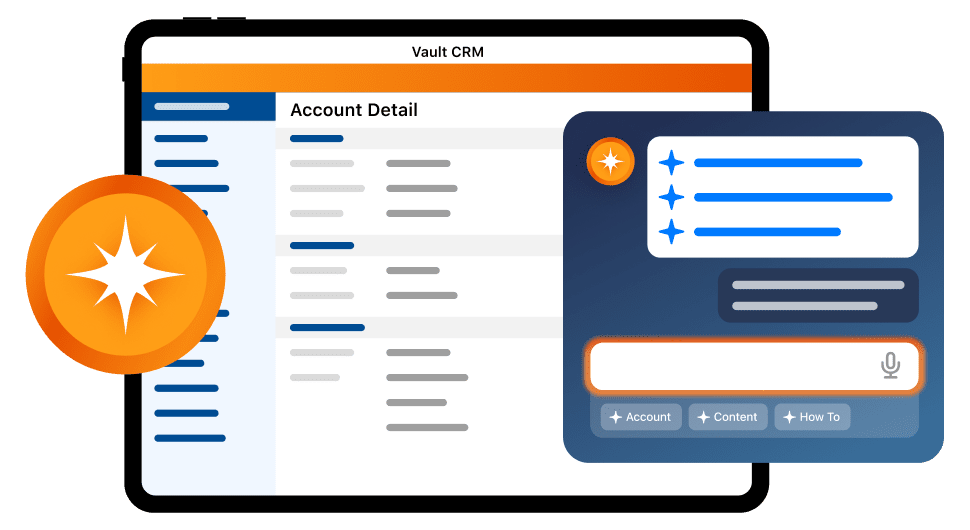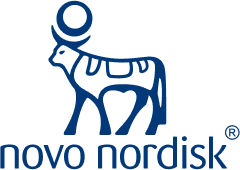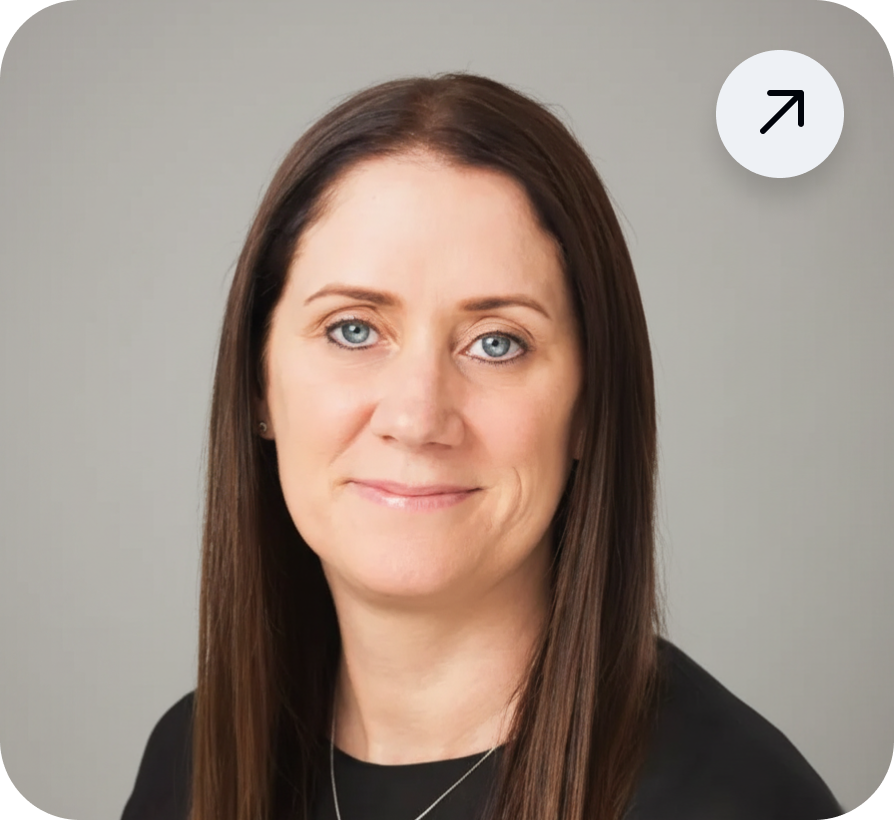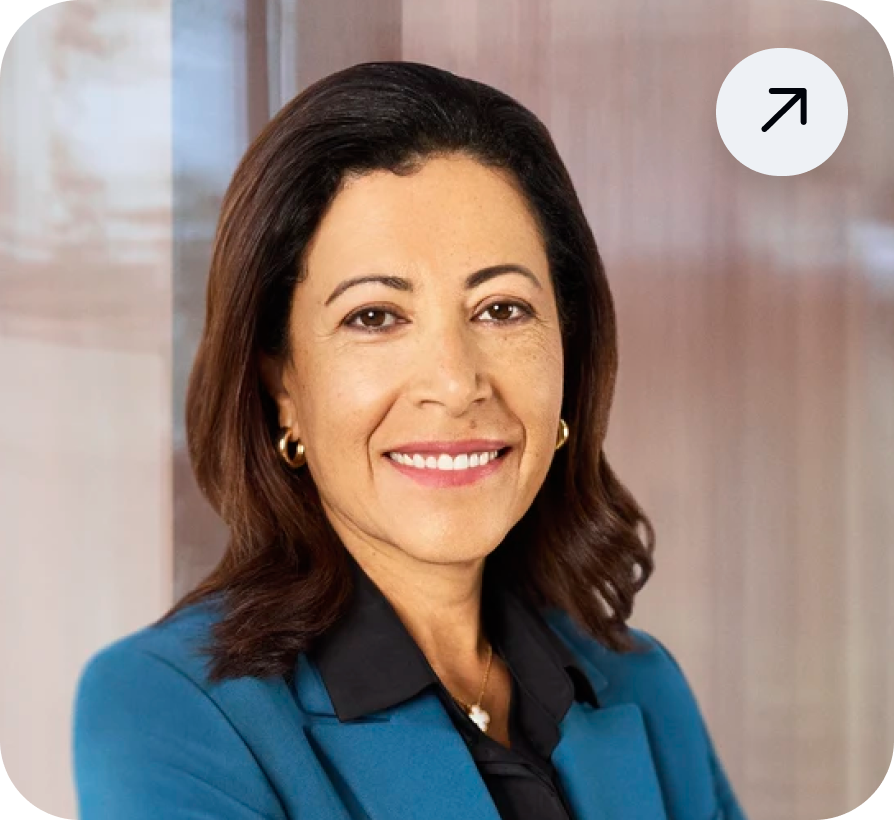The Next Generation CRM Suite
Embedded Veeva AI
Connected Sales, Marketing, and Medical
Novo Nordisk Empowers Global Teams
Vault CRM Suite
Vault CRM Suite integrates key commercial applications and processes for more effective field planning and engagement across personal and digital channels.
Omnichannel CRM
Vault CRM is a deep application for life sciences that connects sales, marketing, and medical teams on a single platform with a unified customer database.
It enables key capabilities such as customer profiling, content sharing and management, territory and account planning, key account management, sampling, call center, inside sales, and field engagement.
Veeva AI for Vault CRM
Deep industry-specific agents embedded in Vault CRM to increase productivity. Initial agents include: Pre-call Agent, Media Agent, Free Text Agent, and Voice Agent.
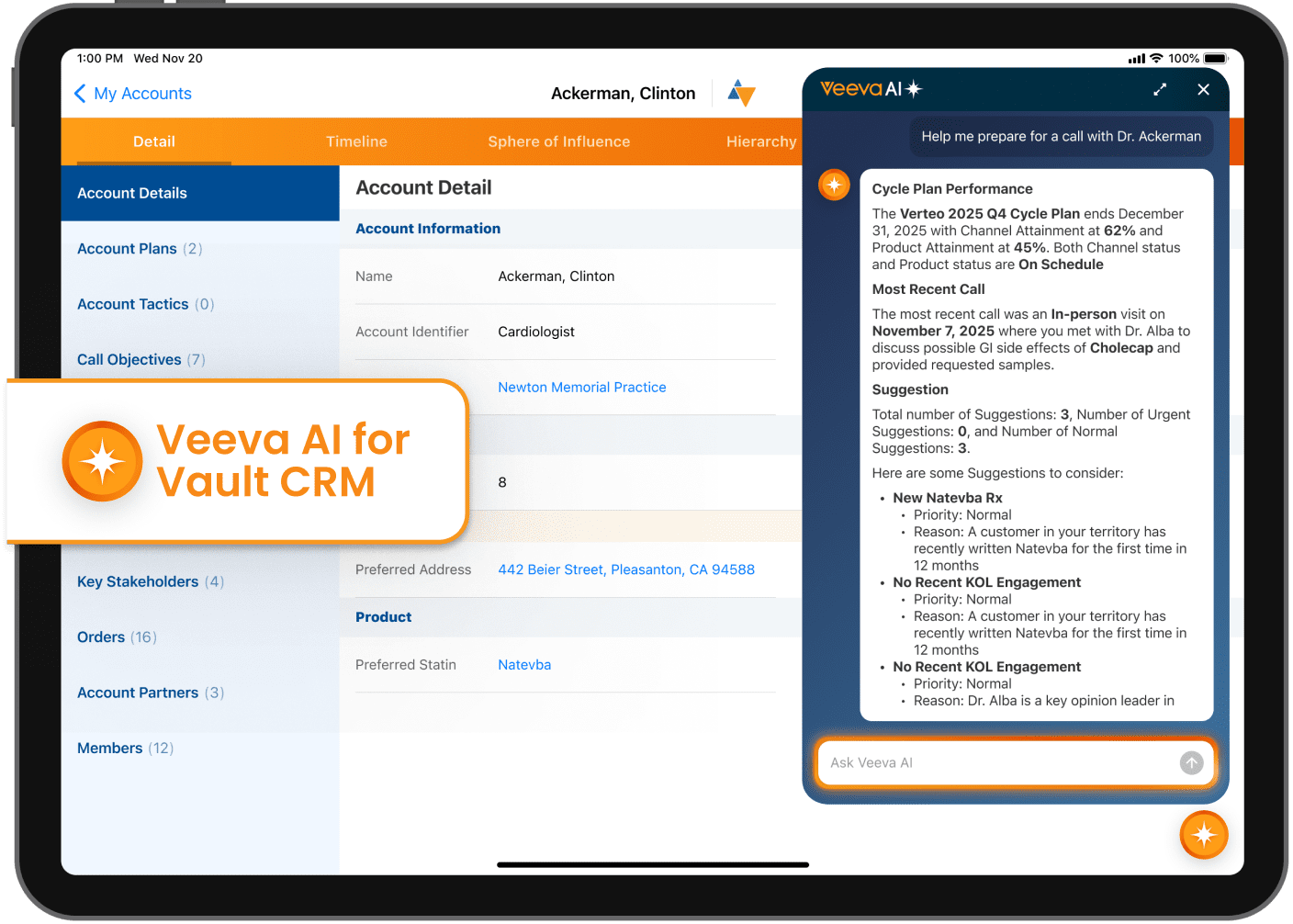
Events Management
An application for managing the end-to-end event lifecycle and related information, including content, attendees, speakers, and expenses.
Campaign Manager
An application for life sciences marketers to coordinate sales and marketing engagement in unified campaigns using both non-personal and field channels.
Align
A field planning application for roster management, territory management, engagement planning, and integrated field feedback.
Patient CRM
An application for managing patient support programs and protected patient data (PHI/PII) on the Vault platform.
Territory Designer
An application used to design optimal geographic territories for field sales and medical teams.
Network
A global master data management platform and customer master application designed for global pharmaceuticals and biotech.
Nitro
An analytics platform that integrates commercial data sources.
Better Together
Connected Software and Connected Data
The Future of Customer Engagement
Seamless Collaboration
Connect sales, marketing, and medical teams to break down silos and coordinate engagement.
Customer Centricity
A single customer view across teams for more personalized interactions and a better customer experience.
More Effective Field
Embedded AI and actionable data deliver deeper insights, faster decision making, and increased productivity.
Trusted Partner to the Life Sciences Industry
Leaders Choose Vault CRM Suite








Vault CRM Suite
See What’s New
Veeva AI Agents Now Available
